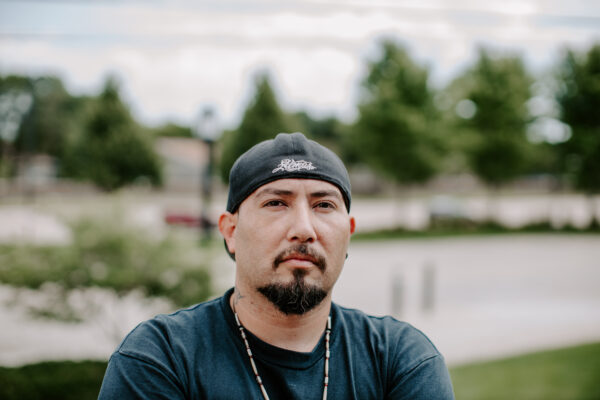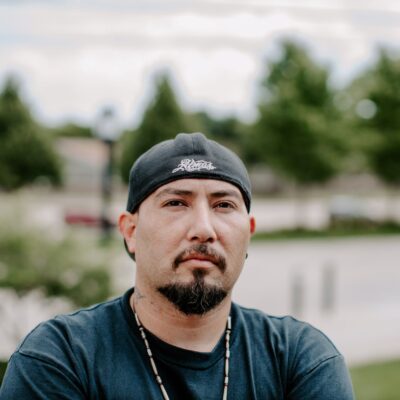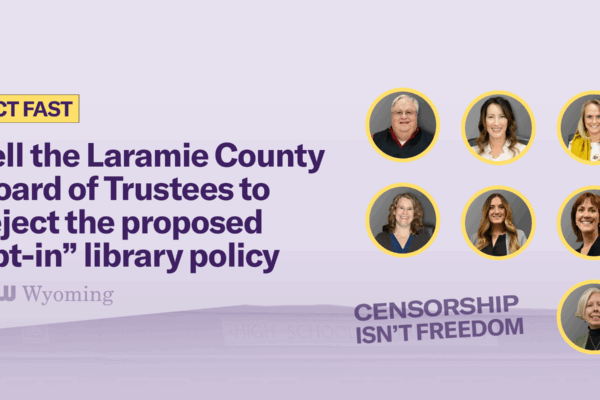“I know it when I see it.”
That’s often the answer when people are asked about what’s obscene or otherwise objectionable.
The problem, however, is that everyone sees things differently. Supreme Court Justice John Marshall Harlan said it best: “One man’s vulgarity is another’s lyric.” It’s impossible to define sexually explicit or obscene in a way that isn’t hopelessly vague and subjective.
And that’s the trouble with a new policy the Laramie County School District 1 Board of Trustees is considering. The board is looking to define what books are considered “sexually explicit” in the district’s school libraries to create a list of materials that parents or guardians would have to “opt-in” to let their children read or check out.
Currently, the district offers parents or guardians an “opt-out” option, where they can choose their child’s access to library content, creating list of books, authors or books on a particular topic that they can’t check out. Parents or guardians also can also opt their child out of the full library collection and create a list of print titles that are acceptable for their child using the district’s online library catalog.
The problem, some say, is that the content areas and library materials are not categorized in any way. By coming up with a list of materials some consider objectionable, parents could “opt-in” to let their children read those books.
But who gets to decide what is obscene or otherwise objectionable? Government officials — our school board trustees — cannot impose their personal moral values on others. The First Amendment’s guarantee of the freedom of speech and the right to access information has created an incredible marketplace of ideas in our country. Each of us gets to choose what books we read and what information we access — but we don’t get to choose for other people or other people’s kids. That’s censorship, pure and simple. And censorship is un-American and unconstitutional.
A free society is based on the principle that everyone has the right to decide what art or entertainment they want to view or create or the books they want — or do not want — to read. Just because one person doesn’t want their child to read a book doesn’t give them the right to restrict that book for everyone’s children.
Schools should be a thriving ground for freedom of speech and freedom of thought. They should not be turned into a space of control to support a political agenda under the guise of “parental rights.”
To be sure, no one is going to agree on the merits of every book. Some books will make you uncomfortable. Some books will make you angry. There might be books you think children shouldn’t read. There might be books you hope no one will read.
But once you allow the government to censor someone else, you’re also giving the government the power to censor you or something you like later. Censorship is like poison gas — a powerful weapon that can harm you when the wind shifts. Is that what we want to bring to Laramie County School District 1?
We urge the LCSD1 Board of Trustees to keep the current board policy with respect to the selection and use of library materials. Parents or guardians of a few children should not be allowed to limit the right of others.
Freedom of expression for ourselves requires freedom of expression for others. It is at the very heart of our democracy. We don’t get to decide what other people read, and neither should our elected officials.
This content was originally published by the Wyoming Tribune Eagle



